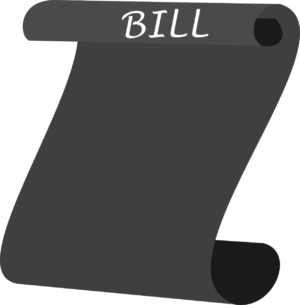
Today, the House Judiciary Committee is scheduled to markup Rep. Chabot’s newly-introduced SUCCESS Act, which is itself a combination of portions of two other bills Patent Progress has covered: Reps. Comstock and Adams’ SUCCESS Act, and the fee-setting authority contained within Rep. Chabot’s BIG DATA for IP bill.
Each bill is individually worthwhile. The SUCCESS Act attempts to address the relatively low number of patent applications filed by underrepresented groups. And fee-setting authority is important to help prevent marginal patents from being issued.
At the same time, Rep. Chabot’s bill does not currently incorporate any of the suggested improvements to the SUCCESS Act designed to study the impacts of patents that never should have been granted when they’re used to threaten innovative companies founded by underrepresented minorities. Without these improvements, the SUCCESS Act can only study a portion of the barriers to innovation faced by underrepresented minorities.
And while fee-setting authority is important, the Patent Office must show it will use its fee-setting authority appropriately. The PTO’s most recent fee changes show that the Office will continue to under-charge for examination, making up the shortage via issue and renewal fees, a situation that creates a structural incentive to grant marginal patents. They also propose new fees without explaining how those fees will be used or why the increases are needed, as described in a set of comments filed by AIPLAAmerican Intellectual Property Law Association, formerly the American Patent Law Association. DC-based professional organization that represents the interests of the intellectual property community, including the patent bar.. (Not to mention the recent week-long outage of PTOPatent and Trademark Office, informally used interchangeably with USPTO. systems—and a shorter outage a few years ago—driving concerns about the efficiency of PTOPatent and Trademark Office, informally used interchangeably with USPTO. spending.)
The SUCCESS Act has real benefits, but the Committee could significantly improve it by giving attention to these concerns.
Update: the SUCCESS Act was favorably reported out of committee after limited debate, without any significant changes.

